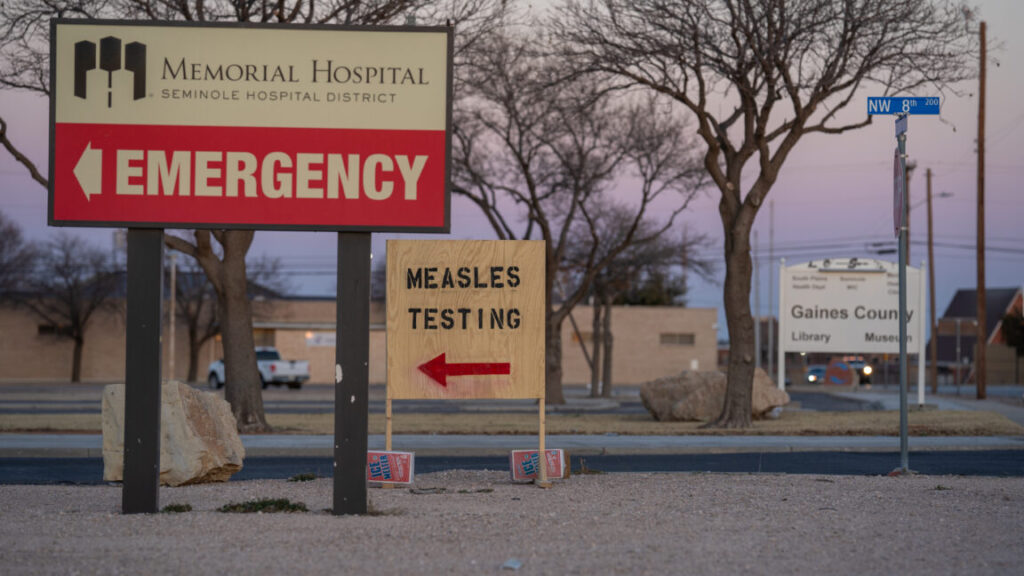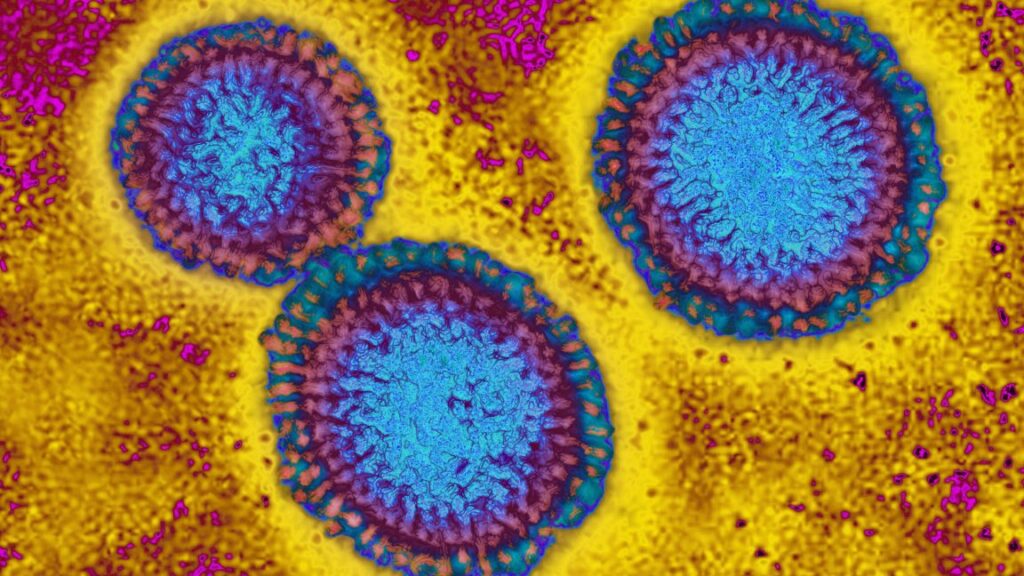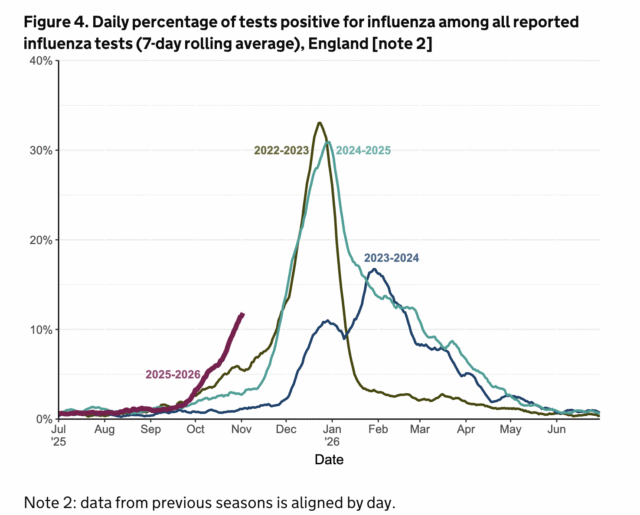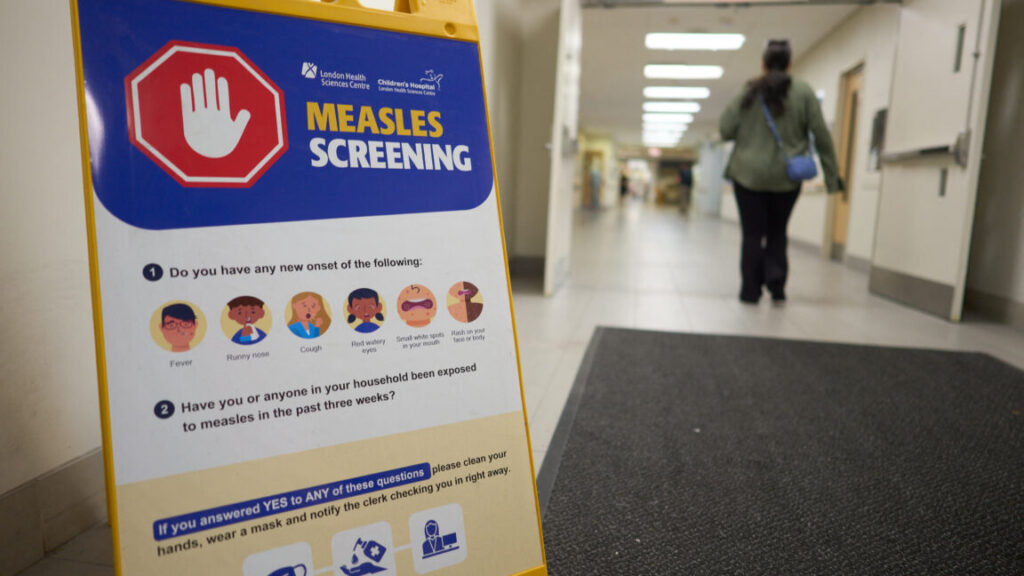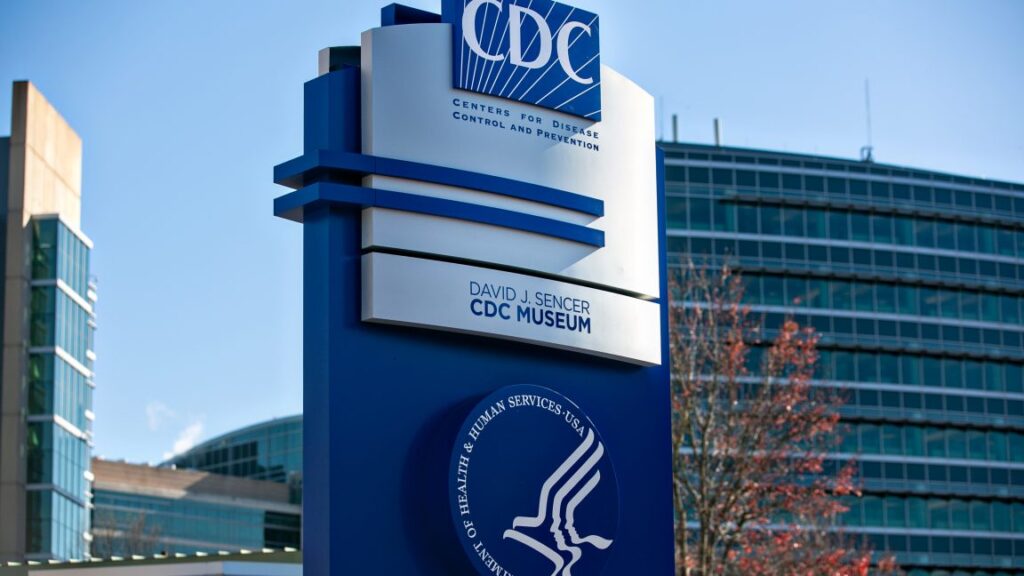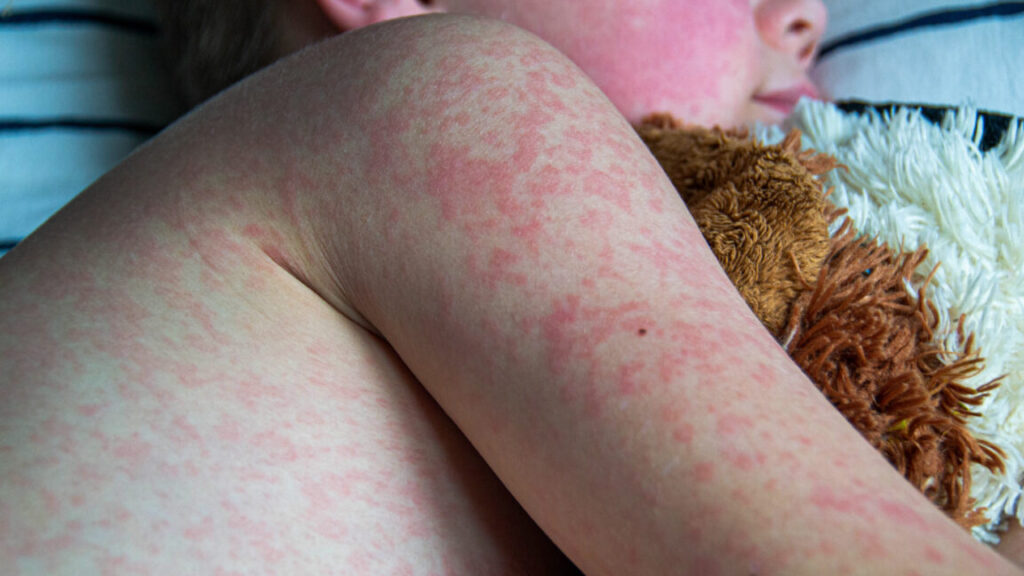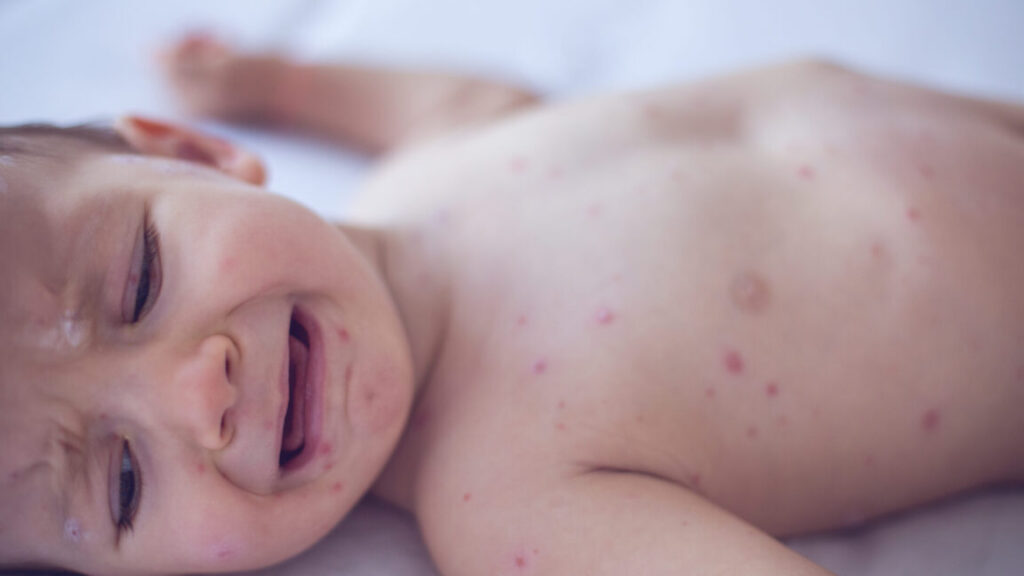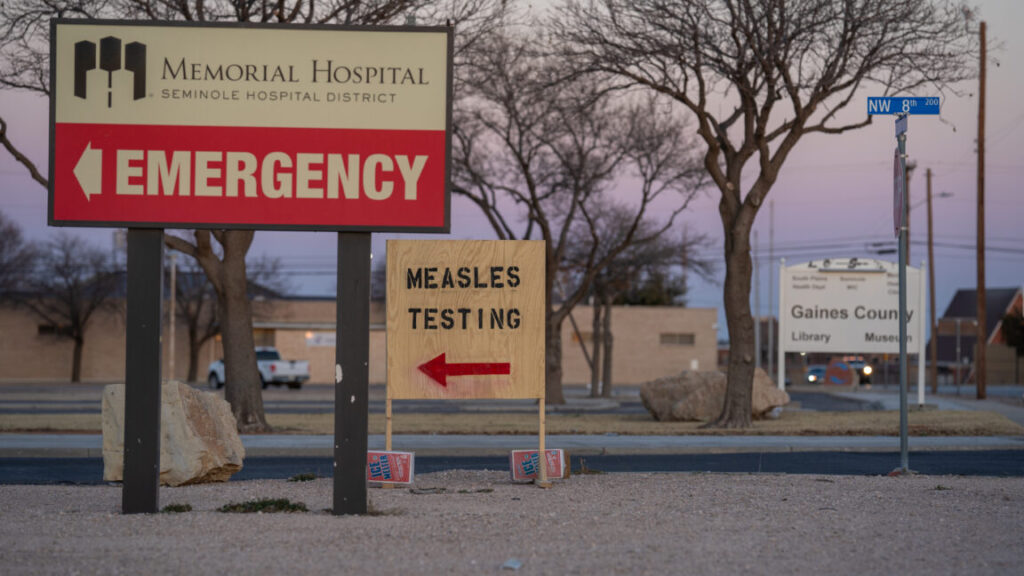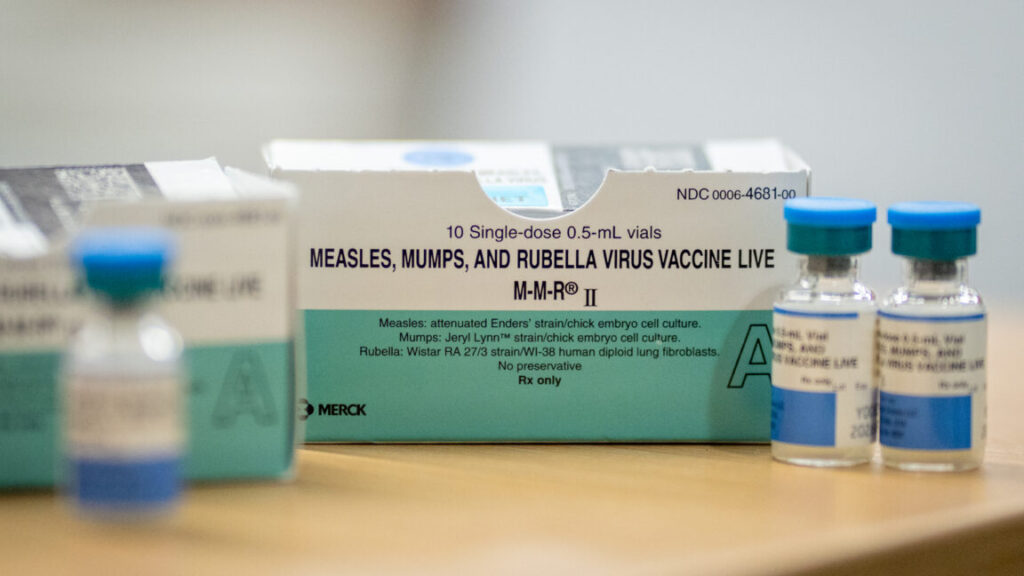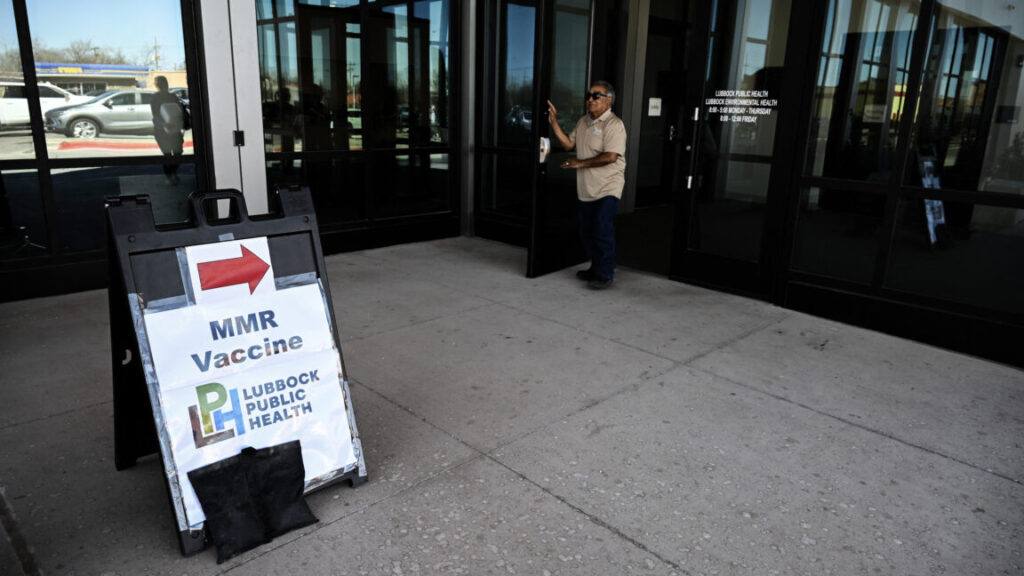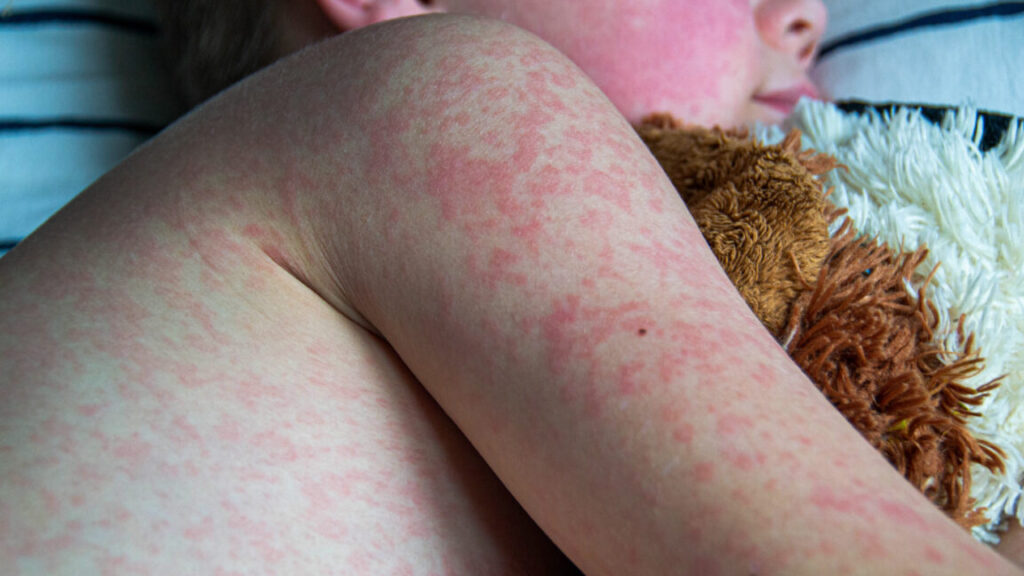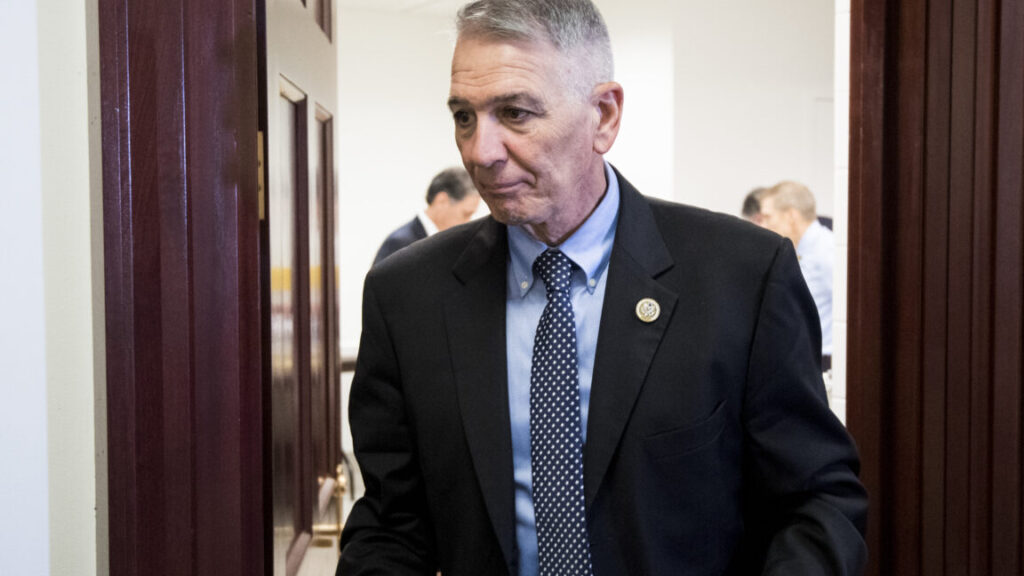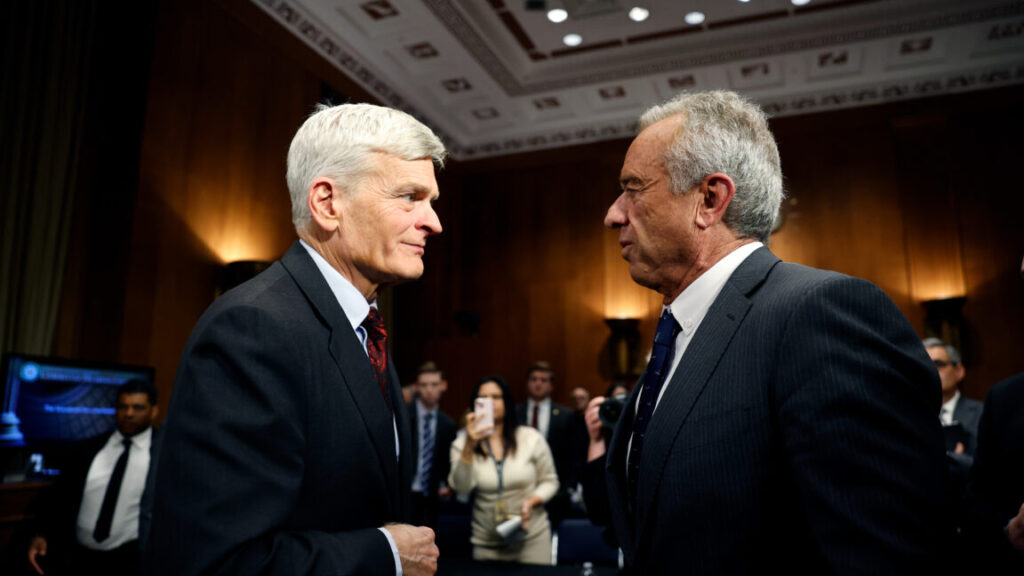CDC data confirms US is 2 months away from losing measles elimination status
Unsurprising
This 9171 subtype “continues, unfortunately uninterrupted, across multiple jurisdictions,” David Sugerman, who leads the CDC measles response, said on the call.
According to the Times, local health officials are pessimistic that they’ll be able to stamp out the virus’s spread, saying that vaccination efforts have had “limited” impact. As Ars reported previously, vaccination rates are dangerously low in two measles hotspots: northwestern Mohave County, Arizona, and the southwest health district of Utah. Vaccination rates among kindergartners in the 2024–2025 school year were 78.4 percent and 80.7 percent, respectively. That’s well below the 95 percent target needed to keep the virus from spreading onward in the communities.
In addition, public health officials in Arizona and Utah have reported barriers to responding to the outbreak. Around a quarter of cases don’t know how they were exposed, suggesting cases and exposures are being missed. In late October, health officials in Salt Lake County, Utah, said that a person likely infected with measles refused to cooperate with their investigation, leaving them unable to confirm the probable case.
David Kimberlin, who sits on a panel of experts that analyzes measles data for the United States’ elimination status review, told the Times, “It would not surprise me in the least if there’s continued spread across these next several months.”
To date, the CDC has tallied 1,723 measles cases across 42 states. Most (87 percent) of those cases were linked to outbreaks, of which there have been 45 this year. For context, there were 16 outbreaks and a total of 285 measles cases in the US last year. This year’s measles cases mark a 33-year high.
CDC data confirms US is 2 months away from losing measles elimination status Read More »
